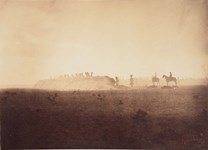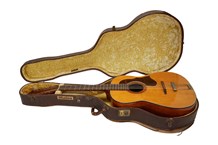For portrait miniatures on ivory the implications are far more bureaucratic than at first understood and a classic example of the law of unintended consequences.
Readers will recall the Artist’s Resale Right law [ARR].
The drafters of this applied common sense to the problem. They realised that it would have been intolerably complex and burdensome if all artists’ work were included.
They therefore applied a value floor below which it would not be levied. The right applies only when the sale price reaches or exceeds the sterling equivalent of €1000 and is calculated on a sliding scale.
The system seems to work well, though is a burden on firms selling more expensive items.
Common sense has NOT been applied to the rules for portrait miniatures on ivory. The great majority of these charming works of art are by lesser artists and worth up to £200, many less.
We now learn that the Ivory Act allows no simple exemptions, as first thought.
Every single portrait miniature on ivory will have to be registered and the owner pay £20 to do so.
Collectors will give up
The result should be obvious. Firstly, a blooming of yet more bureaucrats just when the government is attempting to cut their numbers.
Secondly, many collectors, often of modest means, will give up collecting. Small dealers are likely to do the same, especially as much of their stock is worth under £200 or less. Some auction houses might refuse to sell miniatures unless they are already registered.
The trade in modest miniatures is thus likely to wither away. Who on earth does this benefit?
I suggest that the solution to this unsatisfactory situation is to follow the example of ARR and impose a value, say £500, below which portrait miniatures on ivory will be exempt from the need to register.
Such action should be relatively simple, perhaps merely for the minister concerned to make such an adjustment to the law. It is too late to do now, but can follow in due course.
BML Forsyth












